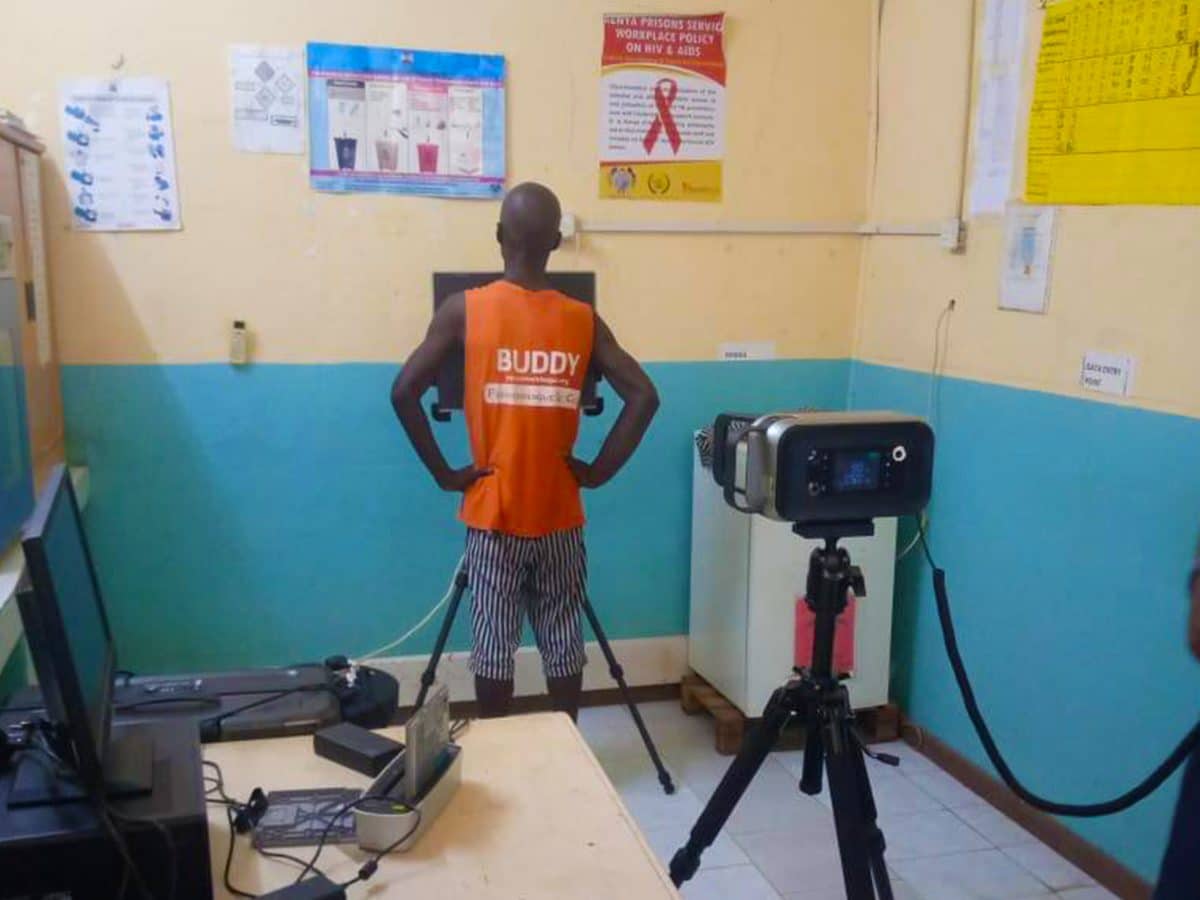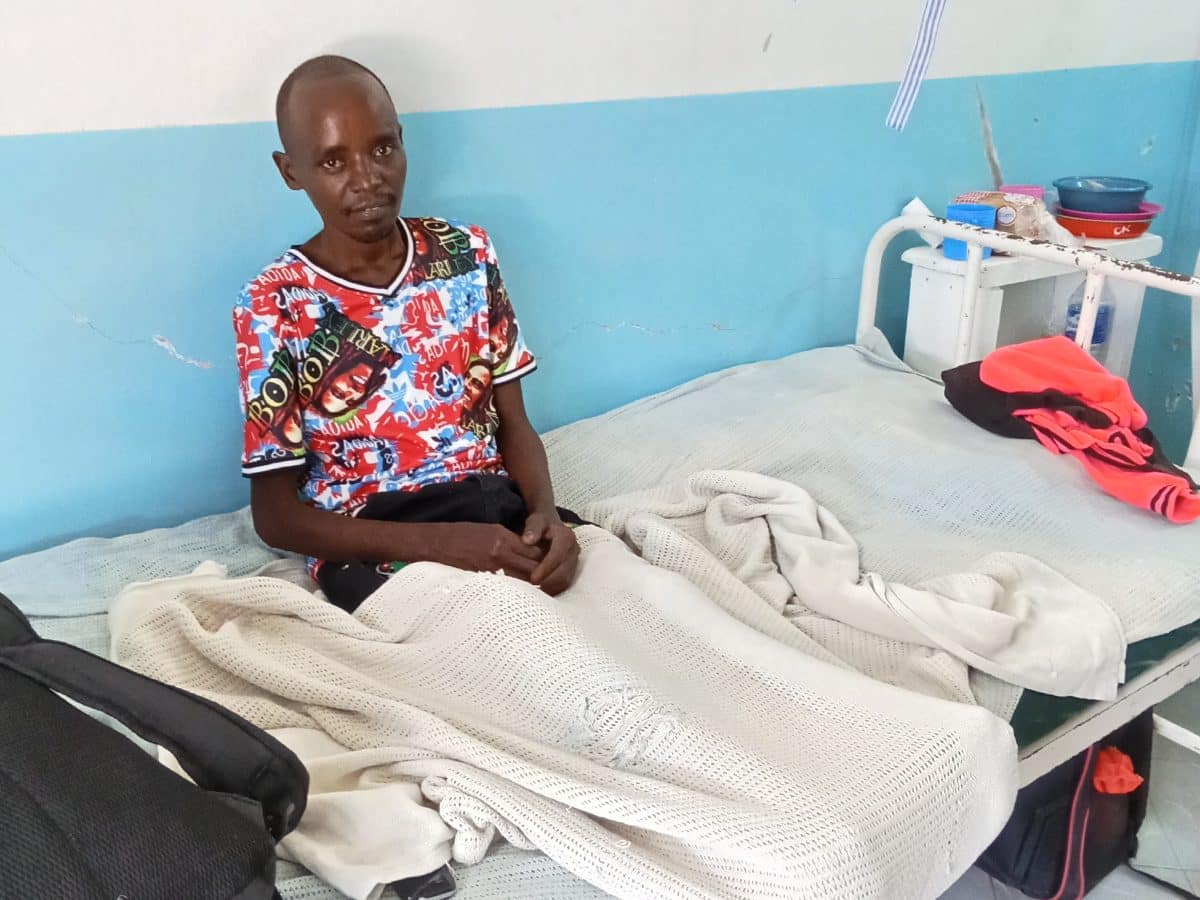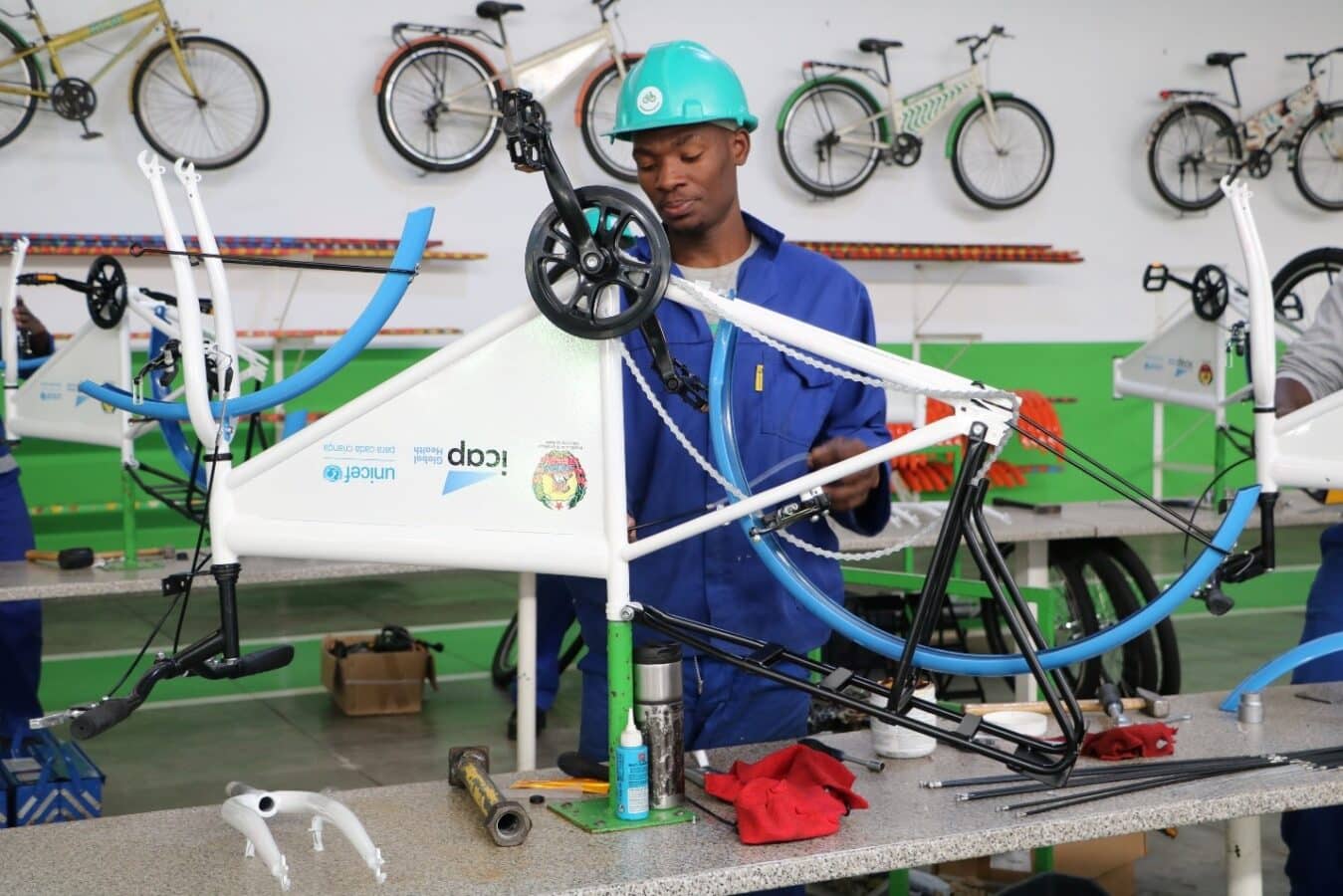As health facilities around the world continue to grapple with the wide-ranging impacts of the ongoing COVID-19 pandemic, a special initiative co-led by ICAP is working to tailor HIV care and treatment options for young people living with HIV and their caregivers. The project, currently implemented in Nigeria and Burundi, aims to simplify and adapt HIV services across the care cascade in ways that serve the needs of children and adolescents living with HIV (CALHIV) and reduces unnecessary burdens on their caregivers.
Over the last ten years, health facilities across many low-income and middle-income countries were centering HIV health service delivery around clients’ needs and specific contests. Known as differentiated service delivery (DSD), this approach looked to modify the location, frequency, and integration of health services for people living with HIV. One key aspect of this approach is multimonth dispensing (MMD) of antiretroviral medications, providing patients with three to six months of medication at a time. From the patient’s perspective, this innovation in care eliminates the need for monthly visits to a pharmacy, reducing the cost of travel and hours of work or school lost. From the health provider’s perspective, MMD reduces overcrowding in facilities and frees up time to focus on care of complex clinical cases.
While the advantage of MMD for adults was quickly becoming standard practice, many clinicians were reluctant or unable to fully adopt the approach for younger HIV-positive populations, including infants, children and adolescents living with HIV (CALHIV). Many factors contributed to this reluctance including nationally mandated age restrictions for MMD eligibility, shortages of pediatric ARV formulations, and clinician perceptions that frequent follow-up appointments to adjust dosing were necessary as CALHIV gained weight. CALHIV are also perceived by many clinicians to be higher risk for poor treatment outcomes, a view that has been consistently reinforced by lower rates of viral suppression in younger populations compared to adults. This in part has been driven by the continued use of suboptimal regimens even when newer and more effective pediatric ARVs became available.
However, the emergence of the COVID-19 pandemic spurred rapid changes in the design and delivery of service delivery across the HIV continuum of care in an attempt to avoid HIV-COVID-19 coinfection and keep the number of COVID-19 cases at a minimum in countries with high proportions of PLHIV. In particular, health facilities around the world rapidly restructured their health service provision to minimize potential in-facility exposure to the SARS-CoV-2 virus, including widespread adoption of MMD for people on ART, including younger patients.
ICAP in Nigeria and Burundi leveraged the organization’s expertise in pediatric HIV treatment and child health to increase the number of CALHIV enrolled in community-based programs to ensure continuous care despite the ongoing COVID-19 crisis. ICAP-supported programs not only provided wide-ranging technical support to health facilities to ensure all CALHIV on treatment were on optimized regimens and able to receive MMD, but also partnered with community-based organizations to deliver both medication refills and to provide holistic care for CALHIV and their caregivers at home. ICAP brought together health care workers, district managers, and case managers specialized in outreach to orphans and vulnerable children for virtual in-service trainings to build critical skills needed to manage challenges in pediatric HIV care and treatment. “By bringing together individuals working in different areas of the HIV response, ICAP was able to foster collaboration from a wide variety of stakeholders to improve overall HIV care, including the provision of MMD, for young people on treatment,” said Nandita Sugandhi, associate research scientist and pediatrician at ICAP.
The initiative was part of a five-year project implemented by Reaching Impact, Saturation, and Epidemic Control (RISE), a consortium of partners, including ICAP, and funded by the U.S. President’s Emergency Plan for AIDS Relief (PEPFAR) and the U.S. Agency for International Development (USAID). RISE works with countries to achieve a shared vision of attaining and maintaining epidemic control, with stronger local partners capable of managing and achieving results through sustainable, self-reliant, and resilient health systems by 2024.








